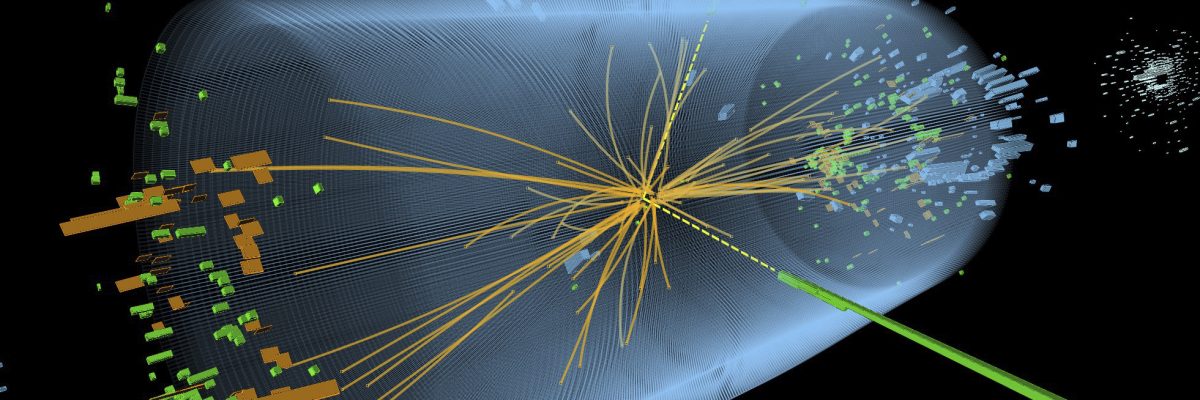Fermilab CMS Department is exploiting machine learning (ML) techniques and developing tools to enhance the CMS experimental program. Current developments range from the earliest online data processing tasks to high-level physics object reconstruction all the way to final analyses that extract physics results.
Fermilab is a leader in the implementation of ML algorithms embedded in on-detector FPGA systems through the development of a tool called hls4ml. This has broader application in other areas such as intensity frontier data acquisition and accelerator controls.
The Fermilab CMS group is developing novel and generic neural network architectures for reconstruction of high-dimensional detector data. Promising graph neural network techniques are being explored for tracking and calorimeter clustering. Deep neural network techniques including more traditional convolutional and recurrent architectures were developed for boosted Higgs physics analyses, and they have shown significant gains in physics performance for the extraction of the Higgs pT spectrum. Graph neural networks have also shown promise for Higgs jet identification.
The CMS group has also been studying technology at the intersection of high-throughput computing and machine learning for both online and offline particle physics computing challenges. Power of using heterogeneous computing on the edge and in the cloud to accelerate compute-intensive neural networks by >10x over traditional particle physics computing workflows has been demonstrated. Because of the different bandwidth, latency, and throughput-constrained computing challenges at CMS and the LHC in general, the development of advanced computing architectures has fostered interactions with companies such as Xilinx, Microsoft, and AWS/Google.
You can explore more about the Artificial Intelligence Project at Fermilab.

